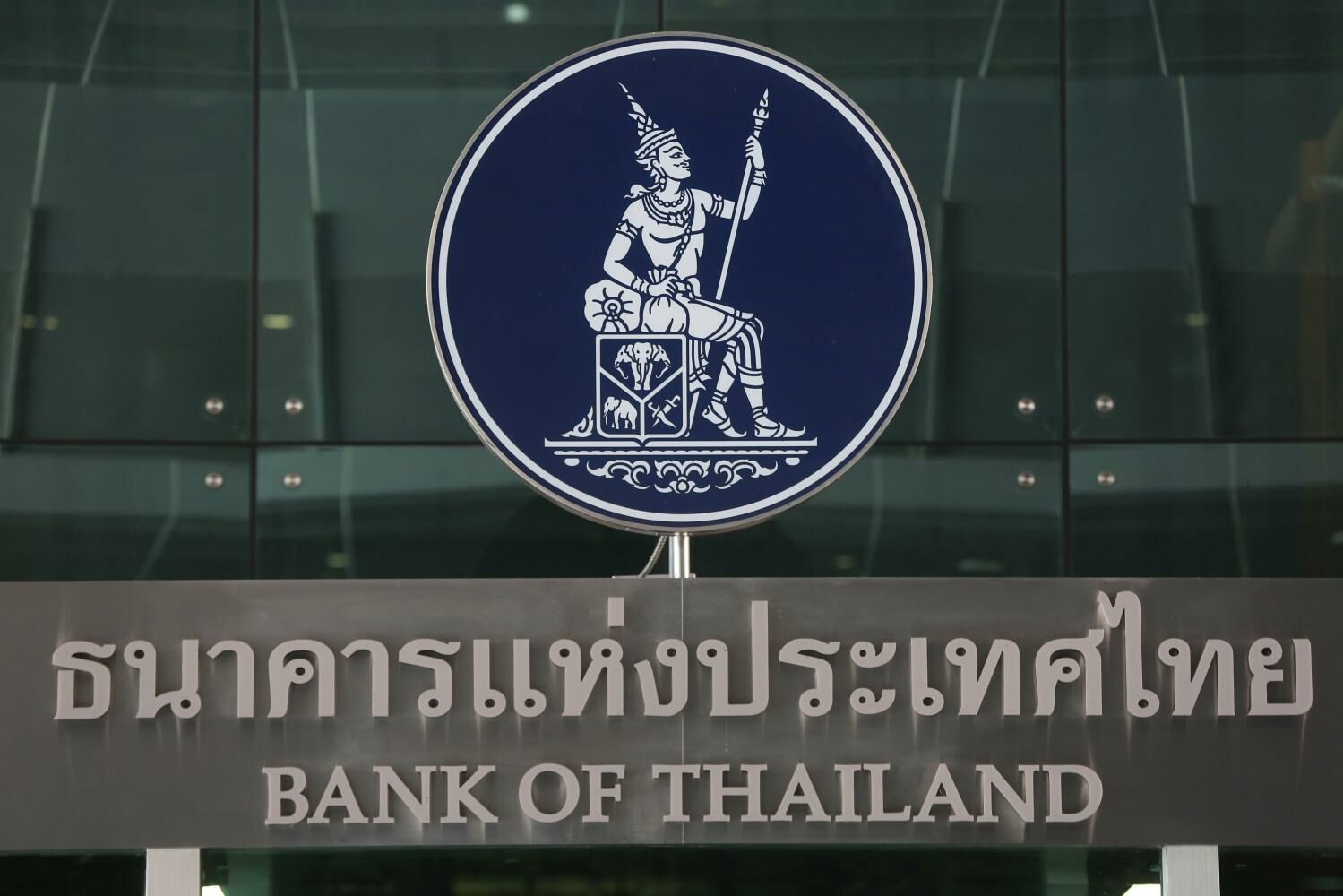Caution advised over interest rate cuts by Bank of Thailand

Pundits cautioned against hasty moves to cut interest rates and have emphasised the importance of an independent Bank of Thailand as it determines its policy interest rates. They warned that inconsistent fiscal and monetary policies could harm more than they help.
Therdsak Thaveeteeratham, Asia Plus Securities (ASPS) executive vice president, insisted that decisions regarding interest rates should be the sole jurisdiction of the central bank’s Monetary Policy Committee, devoid of conflicts or interference.
“The Bank of Thailand should be an independent organisation. Political interference can negatively affect public confidence in the financial system.”
Therdsak also called for fiscal and monetary policies to be consistent and reliable.
“If fiscal and monetary policies are consistent without conflict, that will make supervision of the economic system smooth and create more confidence and stability.”
He believes that the Bank of Thailand has leeway to reduce interest rates given the current inflation rates. However, geopolitical risks and the El Niño weather phenomenon could cause an inflation surge, which may be causing concern, reported Bangkok Post.
Monetary policies
CGS-CIMB Securities (Thailand) first vice president of retail research, Teerasak Tanavarakul, echoed Therdsak’s views. He noted that discrepancies between fiscal and monetary policies could dampen investment sentiment.
“Both sides should have talked first before making comments on different directions in public because that hurts the Thai stock market.”
Meanwhile, Kasikorn Research Center’s deputy managing director, Nattaporn Triratanasirikul, argued that any interest rate cuts should primarily be influenced by domestic factors, rather than movements by the Federal Reserve. S
“A rush to cut rates might indicate the Thai economy is slowing down, affecting exchange rates.”
According to Nattaporn, conflicts over Red Sea maritime routes could affect oil prices and cause Thai inflation to increase.
“Policies regarding interest rates can be adjusted every quarter and we don’t yet know how the situation in the Red Sea could affect the Thai economy.”
Jitipol Puksamatanan, head of macro and wealth research at CGS-CIMB Securities (Thailand), suggested the central bank might reduce rates this year if the economy slows and GDP targets are not met.
“Inflation declined over the past few months because of government measures to reduce the cost of living by subsidising electricity and energy prices.”
ASPS predicts that consumer prices will contract for a fourth consecutive month due to lower global oil prices and state measures to reduce living costs. However, stimulus policies such as Easy E-Receipt may boost inflation in early 2024. The brokerage stated, that as core CPI is still rising and stimulus measures are effective, the Bank of Thailand may not need to cut the interest rate soon.”
Latest Thailand News
Follow The Thaiger on Google News:


























